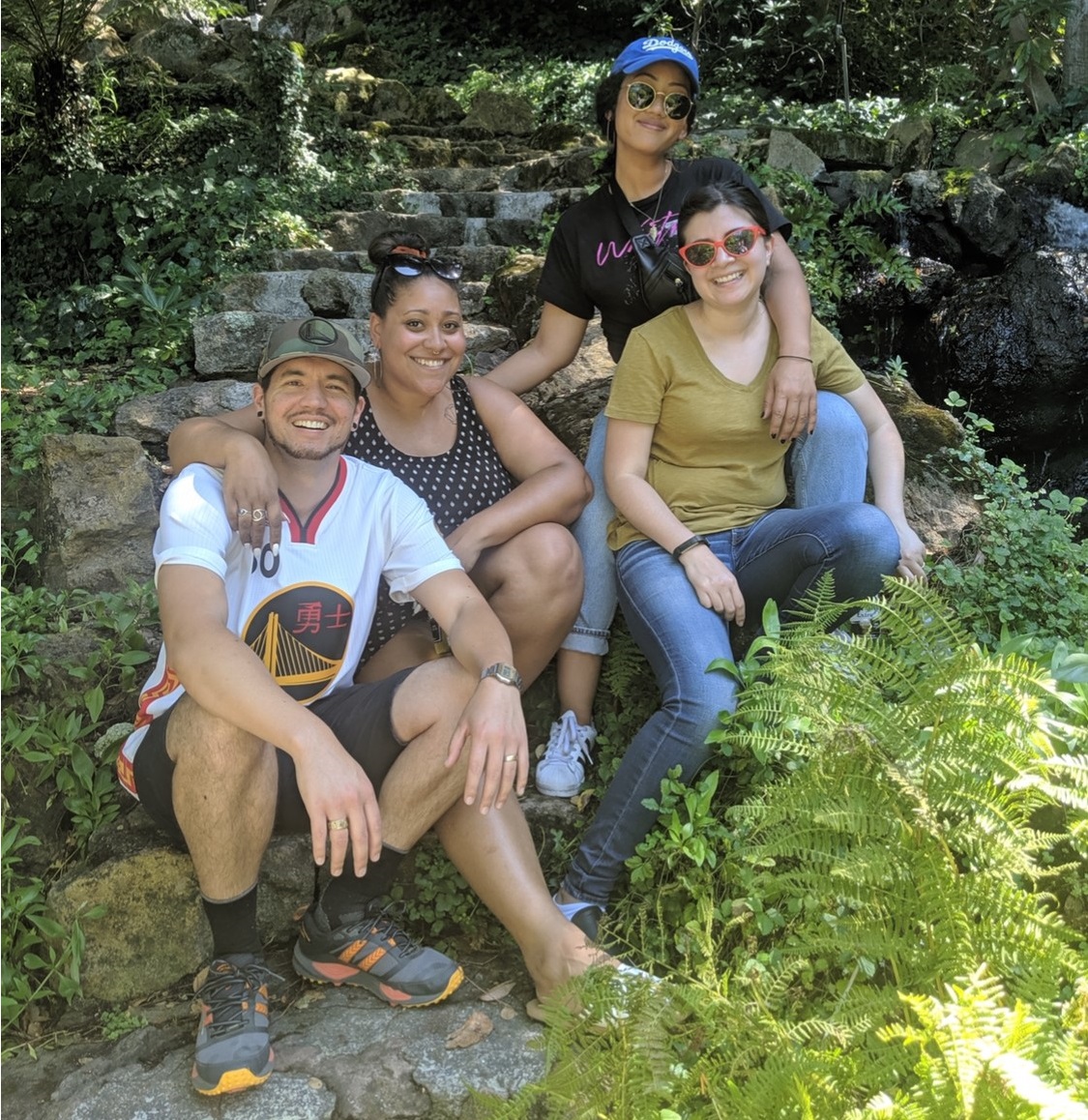I’m obsessed with the word “assimilation.” Ever since I was introduced to Beneatha Younger, the ambitious, independent, feminist character in A Raisin in the Sun, I have held onto that word and its significance to me as a black woman in a white world. I admired Beneatha’s rejection of the limited opportunities and narrow expectations put on her as a black woman. Even more so, I admired her determination to explore a life beyond these limitations.
Before I knew the word “assimilation,” I knew the feeling of needing to flatten my hair for my white Sunday School teacher to, in her words, “show that I was not a wild child.” I am mixed black — my mother has deep Finnish roots in Michigan and my Afro-Brazilian father came to the US from the streets of Rio de Janeiro. I name this to say I have witnessed the type of respect a white woman receives, and I have witnessed the type of respect a black man receives, and my life journey has been largely shaped by my identity between the two.
In my mid-20s, I landed what I thought was my dream job as a research manager at a policy advocacy nonprofit. I was excited to push policymakers to start making decisions rooted in data that would benefit neighborhoods like the one I grew up in. In this office, I began to realize the difference of my experience as a woman of color: the difference in pay, in title, in perceived professionalism or friendliness. Despite being well indoctrinated into white professionalism, existing in this kind of office setting became increasingly difficult for me. After two years, I left the nonprofit for a consulting opportunity. To my surprise, the work culture – even at a firm specializing in diversity and inclusion training – was even less welcoming and less inclusive to me as a non-white person who was not willing to assimilate.
At first, I internalized feelings of failure. I considered myself to be an adaptive, flexible team player. But the messages I was getting through these different workplaces was, “Despite how much thought and effort you put in, you do not know how to communicate appropriately. Despite asking questions, you will never deserve an answer. You are not enough, and you do not belong here.”
By the time I had decided to apply to SFF’s Multicultural Fellowship Program, I was broken. In hindsight, I desperately needed an inspiration boost. I felt wary of believing any institution could have an authentic impact on racial justice. I was skeptical about spending two years in such a small, intimate cohort. What if the other fellows were assimilationists? Or worse, what if, despite the foundation’s new equity agenda (and a CEO known for wearing his Jordans to work), SFF was just another organization that would try to force me to assimilate?
The foundation was founded in 1948, so like most organizations, it has decades of white professional indoctrination to shake off. Transitioning from this history to focusing on a racially equitable future would take more than adjusting investments and grantmaking. It would take the hard work of breaking the abusive cycle of white supremacy and finding liberation. It felt unlikely that such a powerful, established institution would be willing to surrender to the process.
Now, two years later, I am grateful that I applied. SFF is not perfect, but I have been a part of many transformational moments during my time here. I never could have expected that the fellowship would provide such a supportive, healing, and challenging space for me to build myself and my community. Through a series of clumsy, painful, and laughter-filled Fellows Fridays, I found space to confront the trauma I was carrying. I had a deep bench of allies to help me make sense of my experiences and translate my feelings of indignation to an understanding of how my constant standoffs with white supremacy have shaped me into a fierce and well-equipped advocate for authentic inclusion, equity and justice.
In Emergent Strategy, author adrienne maree brown asks, “Change is coming – what do we need to imagine as we prepare for it?” Through the healing and learning journey made possible through the Multicultural Fellowship Program, I have reached new levels of imagination. Radical, full-of-love, and audacious imagination that will be the key to our liberation.
This experience could not have happened without my dear cohort, who have become my most reliable partners in this work. Thank you for witnessing my transformation, Claudia, Grecia, Haewon, and Joshua.

